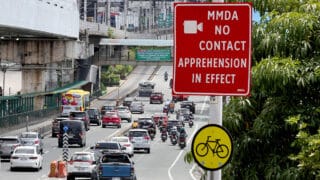The Philippine government is inching closer to ratifying the new Trade Facilitation Agreement (TFA), an accord that will not only significantly reduce the costs of trading, but will also boost global merchandise exports by up to $1 trillion yearly.
A ranking government official said that the re-endorsement of the World Trade Organization’s TFA agreement had already been transmitted by the Department of Foreign Affairs to the Office of the President for clearance. Once signed by President Duterte, the so-called Instrument of Acceptance would be deposited at the WTO in Geneva.
The submission of the Instrument of Acceptance means that a WTO member has completed its domestic process, accepts the agreement, and is prepared to commence the implementation of the TFA. This also means that all related Philippine agencies have submitted their certificates of concurrence to the DFA.
The official noted that it would be easier for the Philippines to comply with the provisions under the TFA as the drafting of the implementing rules and regulations for the Customs Modernization and Tariff Act was already well on its way. This meant the domestic processes required under the TFA should already be in place by that time the country’s ratification would be announced.
The official said the country was expected to submit the instrument of acceptance by the end of this year.
Concluded at the WTO’s 2013 Bali Ministerial Conference, the TFA contained provisions for expediting the movement, release and clearance of goods, including goods in transit. It also sets out measures for effective cooperation between customs and other appropriate authorities on trade facilitation and customs compliance issues.
Developing countries like the Philippines are expected to benefit significantly from the TFA, capturing more than half of the available gains.
For lower middle income countries including the Philippines, the full implementation of the TFA measures is expected to have the greatest impact in terms of streamlining border procedures. Harmonizing and simplifying trade documents and automating trade and customs procedures would meanwhile reduce costs by 3.5 percent and 2.9 percent respectively. Amy R. Remo



